Social Activities
Cultural Program
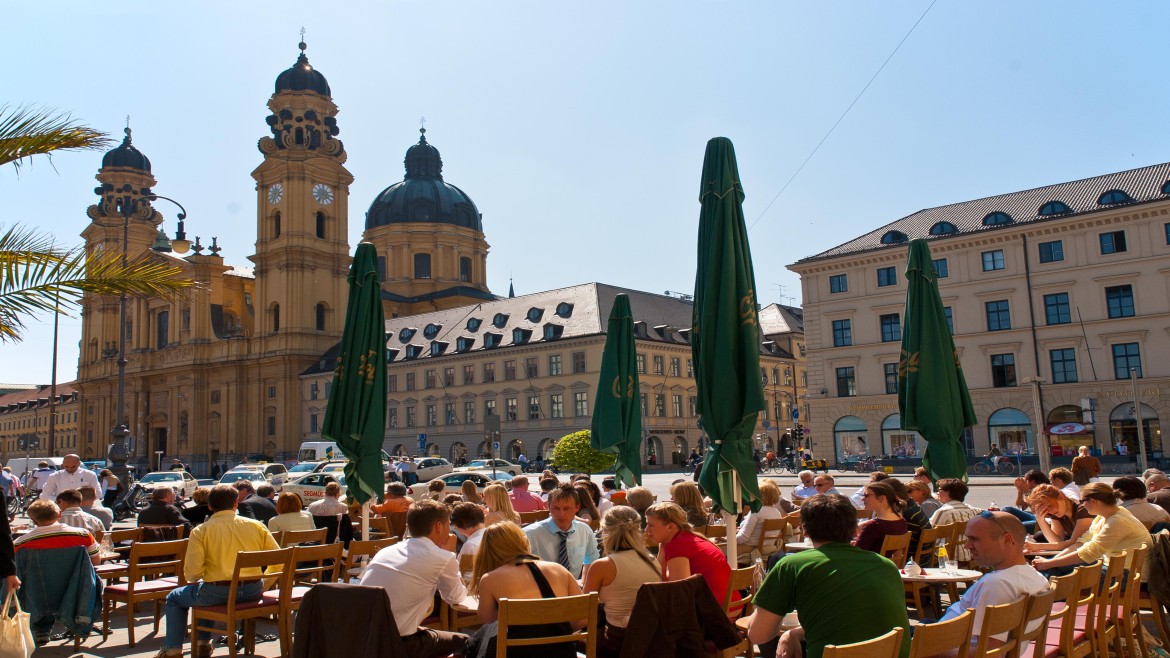
A broad and attractive cultural program makes your stay an unforgettable experience. The cultural program includes the following field trips:
- Guided tour of Munich and a visit to a traditional Munich beer garden
- Evening venues in the second week according to the scheduled route in attractive places like Regensburg, Nuremberg or Salzburg.
Meeting German students in and out of class provides unique insights into German everyday life. Joint studies with participants from all over the world round off this picture of an intercultural experience. The program will be complemented by receptions and get-togethers.
The cities visited on the tour partly change every year, so please find a selection of interesting cities visited in previous years below.
Please note that the events and trips strongly depend on the Corona pandemic and the restrictions in place in the summer school period!
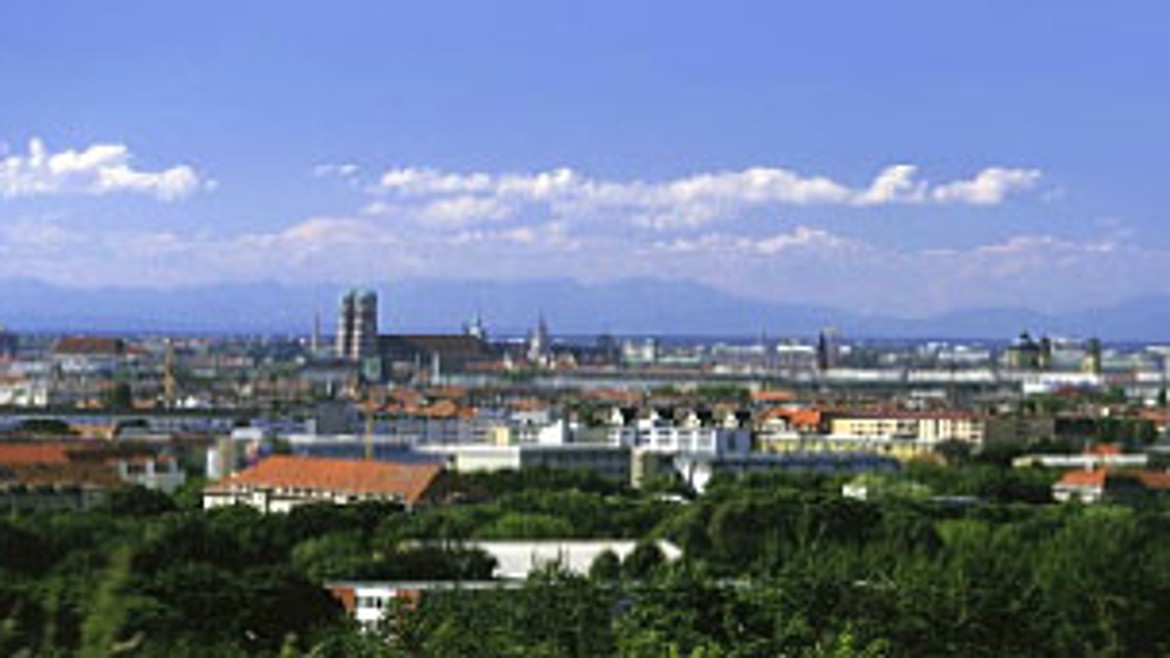
In fact, Munich ranks amongst the top five most livable cities in the world. Numerous surveys and statistics regularly emphasize not only Munich’s economic power, but also the variety of recreational opportunities, its excellent public transportation system and its exceptionally low crime rate .... there is so much to see in Munich, better check out.
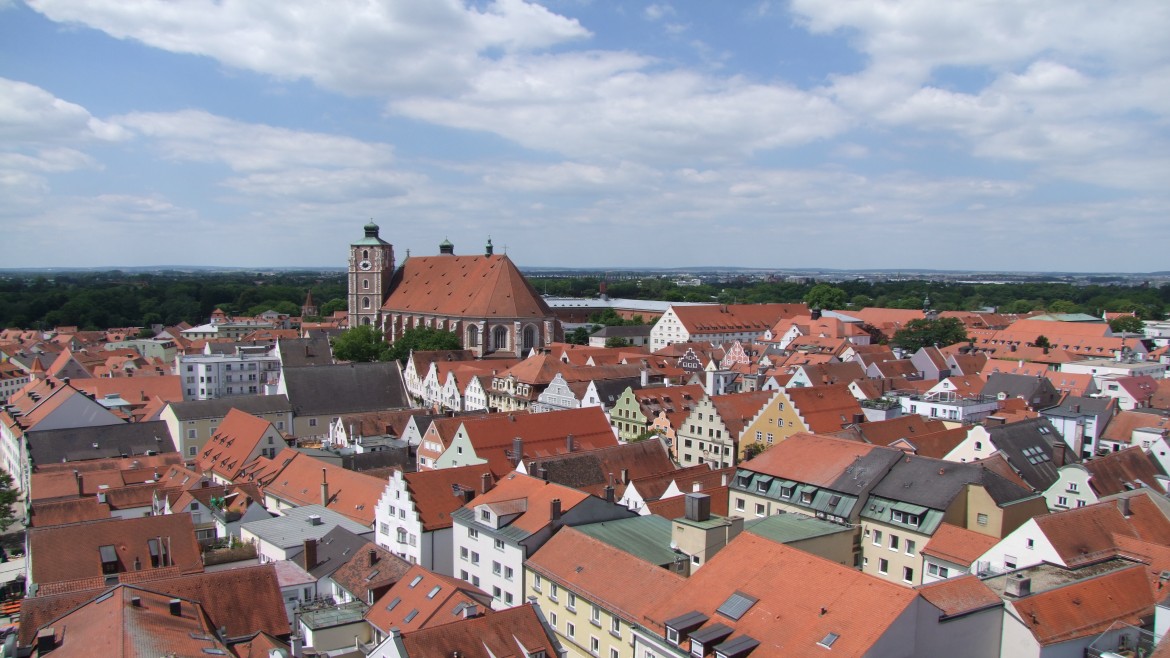
Ingolstadt is a city in the Free State of Bavaria, in the Federal Republic of Germany. It is located along the banks of the River Danube, in the centre of Bavaria. As of 31 December 2014, Ingolstadt had 131,002 citizens. It is part of the Munich Metropolitan Area, which has a total population of more than 5 million. The Illuminati, a Bavarian secret society, was founded in Ingolstadt in the late 18th century. Ingolstadt is a setting in the novel Frankenstein by Mary Shelley, where the scientist Victor Frankenstein creates his monster. It is the site of the headquarters of the German automobile manufacturer Audi, defence aircraft manufacturer Cassidian Air Systems (formerly EADS DS), and electronic stores Media Markt and Saturn. Ingolstadt Central Station has been connected to Nuremberg by a high-speed rail link since May 2006. Ingolstadt also has a second passenger station at Ingolstadt Nord.
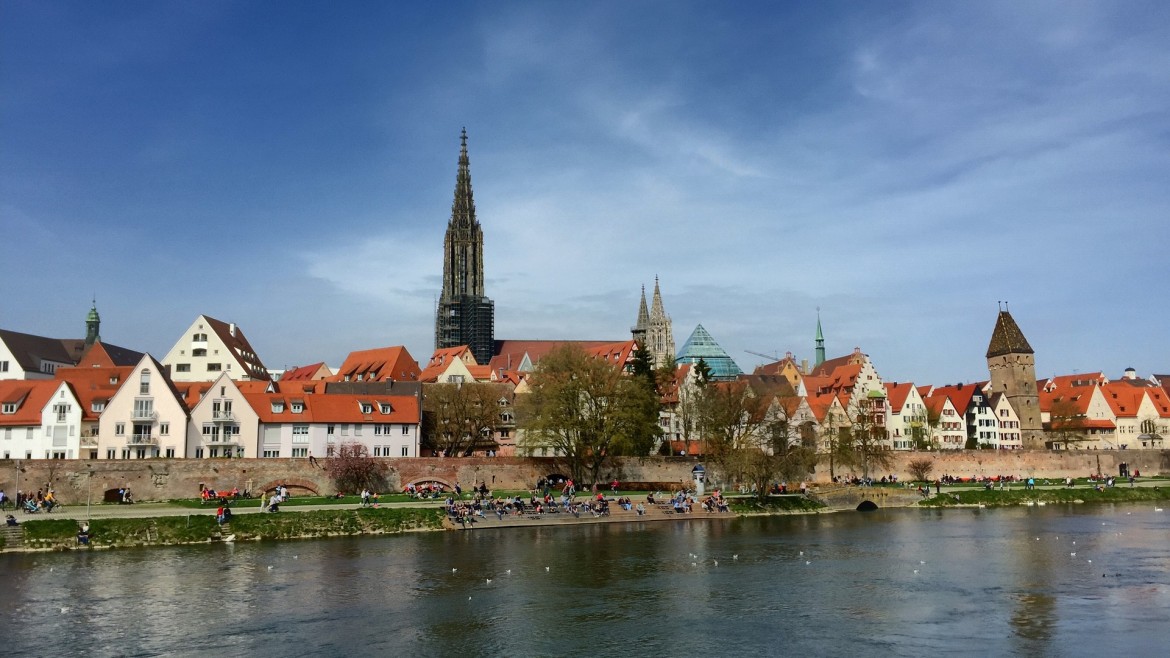
Ulm is a city in the federal German state of Baden-Württemberg, situated on the River Danube. The city, whose population is estimated at almost 120,000 (2015), forms an urban district of its own and is the administrative seat of the Alb-Donau district. Ulm, founded around 850, is rich in history and traditions as a former Free Imperial City. Today, it is an economic centre due to its varied industries, and it is the seat of the University of Ulm. Internationally, Ulm is primarily known for having the church with the tallest steeple in the world (161.53 m or 529.95 ft), the Gothic minster (Ulm Minster, German: Ulmer Münster) and as the birthplace of Albert Einstein.
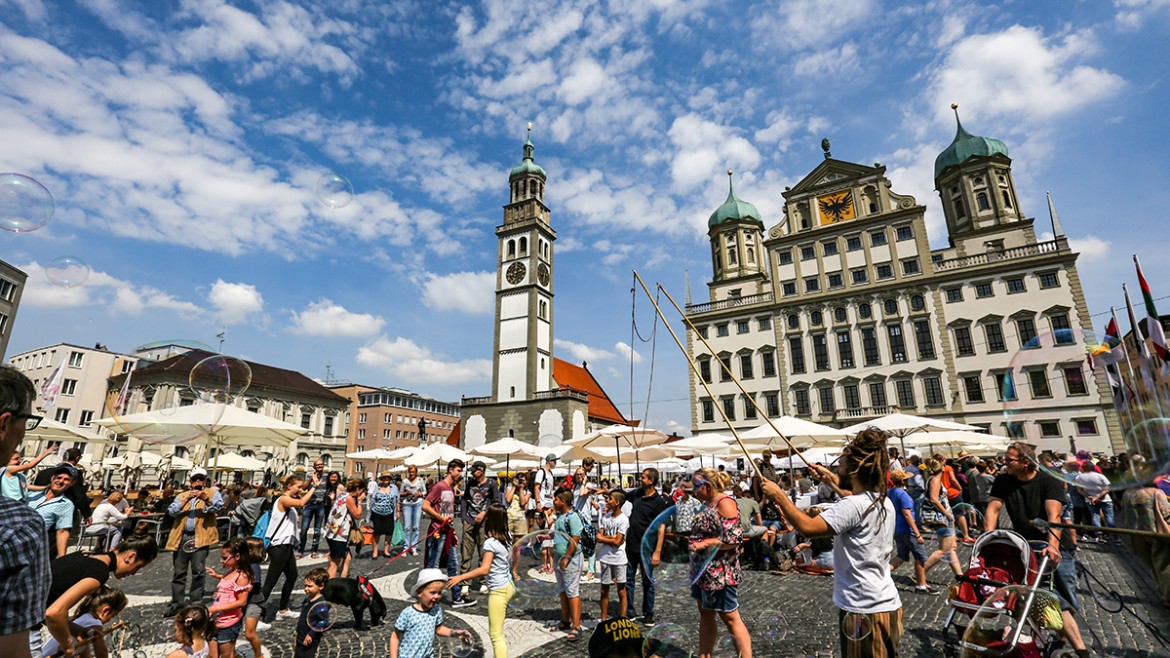
Augsburg is a city in the south-west of Bavaria. It was a Free Imperial City for over 500 years. It is a university town and home of the Regierungsbezirk Schwaben and the Bezirk Schwaben. It is the third-largest city in Bavaria (after Munich and Nuremberg) with a population of 284,000 citizens. After Neuss and Trier, Augsburg is Germany's third oldest city, being founded by the Romans as Augusta Vindelicorum, named after the Roman emperor Augustus. Augsburg is the only German city with its own legal holiday, the Augsburger Hohes Friedensfest, celebrated on August 8 of every year. This gives Augsburg more legal holidays than any other region or city in Germany. Augsburg was the home of two patrician families that rose to great prominence internationally, replacing the Medicis as Europe's leading bankers, the Fugger and the Welser families. Augsburg is a vibrant industrial city. Many global market leaders namely MAN, EADS or KUKA produce high technology products like printing systems, large diesel engines, industrial robots or components for the Airbus A380 and the Ariane carrier rocket. After Munich, Augsburg is considered the high-tech centre for Information and Communication in Bavaria and takes advantage of its lower operating costs, yet close proximity to Munich and potential customers. The city also offers numerous places of interest, the most well-known being the Augsburger Puppenkiste marionette theatre, the Fuggerei social housing complex, the Renaissance City Hall and the Cathedral.
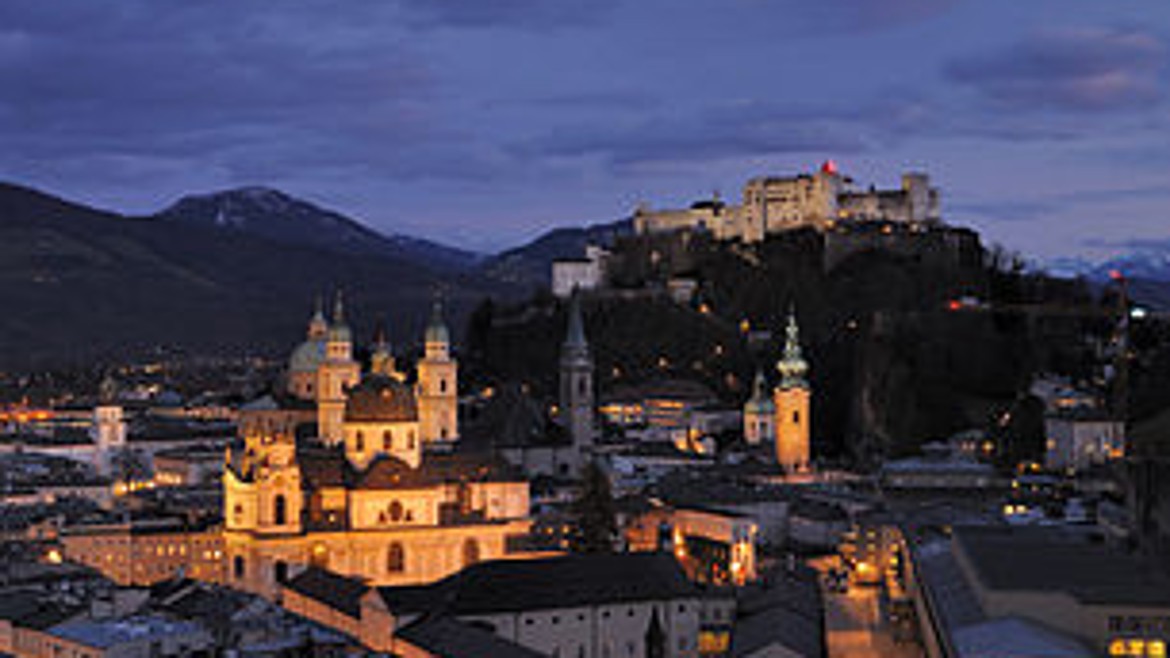
Salzburg is the fourth-largest city in Austria and the capital of the federal state of Salzburg.
Salzburg's "Old Town" (Altstadt) is internationally renowned for its baroque architecture and is one of the best-preserved city centers north of the Alps. It was listed as a UNESCO World Heritage Site in 1997. The city has three universities and a large population of students. Tourists also visit Salzburg to tour the historic center and the scenic Alpine surroundings.
Salzburg was the birthplace of 18th-century composer Wolfgang Amadeus Mozart.
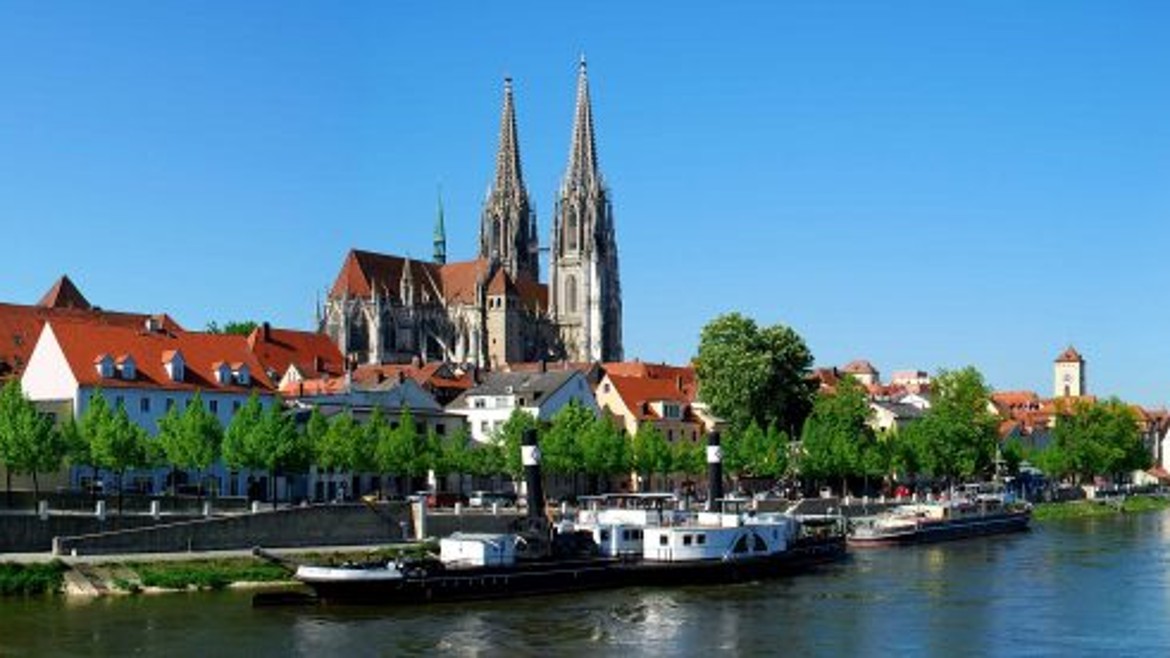
Regensburg – “One of the most beautiful cities in the world” – says the quote from British star architect Lord Norman Foster. The town escaped World War II with no major damage, and it is one of the best-preserved medieval cities in Germany. Regensburg is justifiably a UNESCO World Heritage Site.
The old Town of Regensburg is an exceptional example of a European medieval trading Centre with clear evidence of the exchange of cultural and architectural influences. A host of exceptional buildings attest to its political, economic and religious importance from the 9th century. Its urban structures reflect 2000 years of architectural continuity and contain Roman, Romanesque and Gothic elements. The town’s character is still shaped by its 11th to 13th century architecture, which recalls the period when it was the Centre of the Holy Roman Empire.
Today the ancient and hallowed walls of Regensburg continue to buzz with life. Students from the university fill the restaurants and pubs, and locals tend to their daily shopping and run errands in the inner city, where small shops and stores have managed to keep international consumer chains out.
For more information please check out the official website of the City of Regensburg.
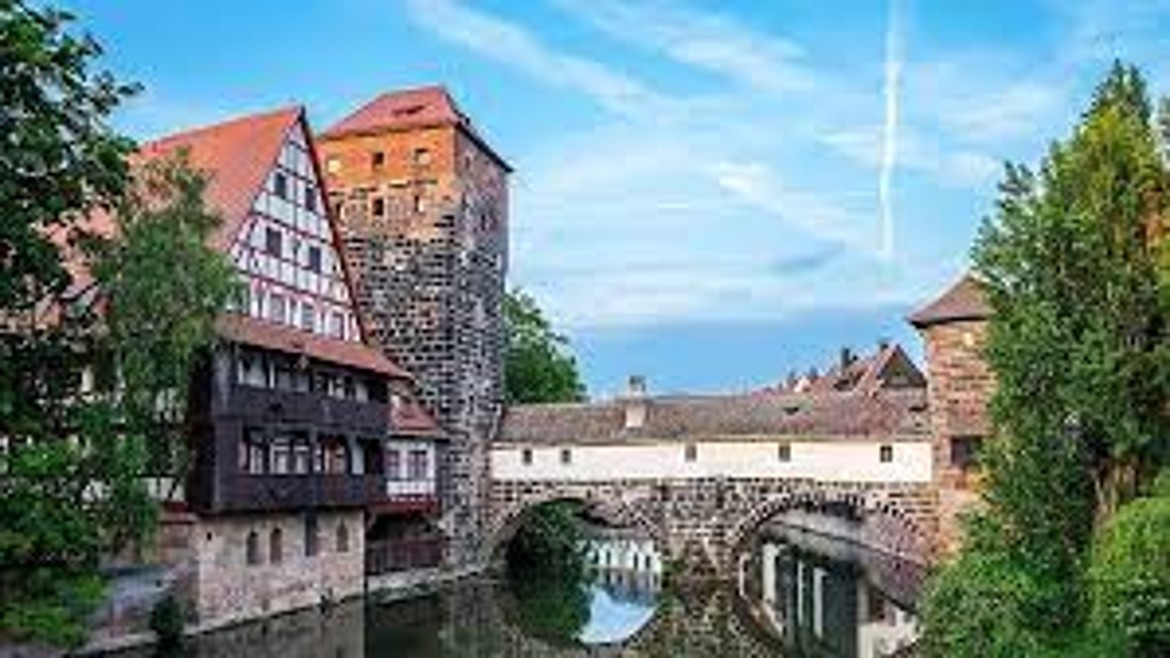
Nürnberg (Nuremberg) is the second-largest Bavarian city and fourteenth largest municipality in Germany. Particularly after the EU eastern enlargement, the city has profited from its central location within the European economic region. With 500,000 inhabitants, Nuremberg is the economic, services and cultural centre of Northern Bavaria and the centre of the Nuremberg metropolitan REgion with about 3.5 million inhabitants. The percentage of foreign nationals of over 18 per cent living in this open-minded metropolis, is well above the average for Bavaria and the Federal Republic.
Since the 1970s, Nuremberg has transformed itself into a service centre with high growth rats in the fields of innovative services, focusing on engineering and economic consultancy, market research, facility management and E-business.
For more information please check out the official website of the City of Nuremberg.
